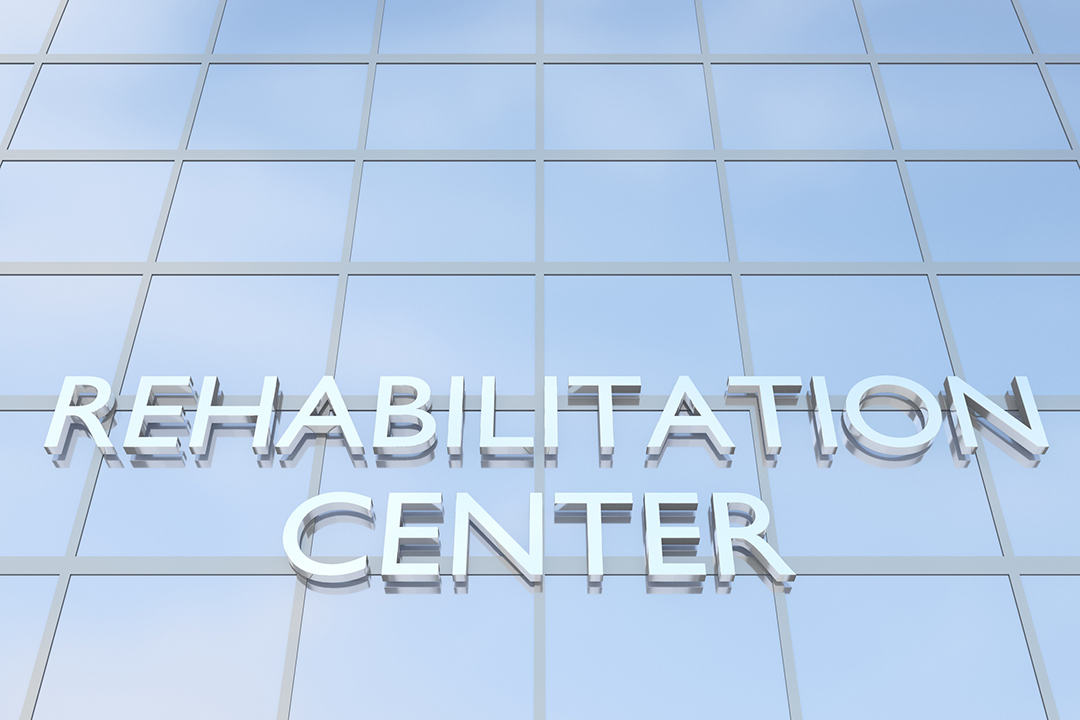 First and foremost, a huge pat on your back. Recognizing the need for rehab and seeking information to begin your recovery is already a giant leap in the right direction. While this road may seem daunting, the proper prep and guidance can help you navigate the addiction rehab scene without a fuss. Let’s break it down together.
First and foremost, a huge pat on your back. Recognizing the need for rehab and seeking information to begin your recovery is already a giant leap in the right direction. While this road may seem daunting, the proper prep and guidance can help you navigate the addiction rehab scene without a fuss. Let’s break it down together.
Choosing The Right Facility
Embarking on a recovery journey begins with finding the right place to help you heal. It’s akin to finding a home where you’ll rebuild yourself. The facility you choose plays a pivotal role in shaping your rehab experience, so it’s essential to pick one that aligns with your needs and aspirations. Here are a few pointers to help you out:
Listen To Your Needs
Every addiction recovery journey is unique, so it’s vital to select a facility that specifically caters to your needs. Are you looking for in-patient or out-patient treatment? Do you have any existing health conditions? It helps to make a list to match your current and future health needs with a suitable rehab facility.
- Research, Research, Research: There’s a plethora of addiction rehab centers for you to choose from. Look up publicly funded institutions and even private clinics that cater to different types of addiction. When exploring, consider factors like the facility’s reputation, treatment methods, staff qualifications, and success rates. Reviews and testimonials can give you an insight.
- Location Matters: Do you want to undergo rehab close to home or somewhere far away to keep you focused? Weigh the pros and cons of local sober living homes versus a Toronto addiction rehab center to choose the best treatment.
Laying The Groundwork: Pre-Rehab Prep
Pre-rehab preparation ensures you’re physically, mentally, and emotionally ready for the transformative journey ahead. Let’s walk through the essentials:
- Mental Preparedness: Your mindset plays an indispensable role in your recovery journey. Prepare yourself mentally by setting clear intentions and understanding the challenges ahead. Engage in self-reflection, acknowledging why you’re seeking rehab and visualizing a future free from addiction. It also helps to read or listen to the success stories of those who’ve walked this path before you. They serve as beacons of hope, showcasing that recovery while challenging, is indeed possible. This mental clarity and fortitude will act as your anchor, guiding you steadfastly through the waves of rehab and recovery.
- Involve Your Loved Ones: Opening up about your decision to enter rehab might feel intimidating, but it’s a conversation worth having. Talking to family and friends helps demystify the process and alleviates any misunderstandings. Their support and understanding can provide a sense of security and strength. Remember, addiction doesn’t only impact the individual; it touches the lives of those around you, too. Sharing your intentions allows loved ones to partake in your healing journey, offering an opportunity to heal alongside you and strengthen your bond with them.
- Sort Out Work And Responsibilities: Taking time off for rehab might require some logistical adjustments, especially regarding your professional life. If you’re employed, you must have a candid conversation with your HR department or supervisor about your decision to seek treatment. Most employers value the well-being of their staff and may offer support or resources during this time. Make sure to delegate home responsibilities, whether childcare, bill payments, or pet care. A clear plan will reduce external stressors, allowing you to concentrate wholly on your recovery without constantly worrying about the outside world.
Figuring Out The Finances
- Insurance Check: Once you’ve taken care of your work and home responsibilities, it’s time to consider how you’ll pay for your treatment. First, scrutinize your health insurance policy. Does it cover addiction treatment? What about in-patient versus out-patient programs? Sometimes, coverage only includes therapy, detox, or aftercare services. Familiarizing yourself with these details will give you a clearer picture of what to expect financially.
- Payment Plans And Financial Assistance: Many rehab facilities recognize the importance of accessibility and offer flexible payment plans. Some even provide sliding scale fees based on your income. Feel free to openly discuss your financial situation with the facility. They can guide you toward the most budget-friendly options.
- Hidden Costs: It’s also important to consider any incidental costs. Will there be charges for medications? How about additional therapies or extracurricular activities? A comprehensive understanding upfront helps in planning and prevents surprise bills later on.
- Scholarships And Grants: Believe it or not, scholarships and grants are available for individuals seeking addiction treatment. Some organizations and foundations specifically assist those who can’t afford rehab. It’s worth doing a bit of digging to see if you qualify.
The Detox Phase
 Detox is a crucial stage in the rehab journey. Here’s what to expect and some tips to help you overcome the challenges that come with this phase.
Detox is a crucial stage in the rehab journey. Here’s what to expect and some tips to help you overcome the challenges that come with this phase.
- What To Expect: Detox is the process where your body rids itself from the harmful substances you consume. You might experience withdrawal symptoms during this time, from mild headaches to more severe physical and psychological reactions. These are the body’s natural responses to the absence of the substance.
- Professional Monitoring: It’s crucial to undergo detox in a facility that provides medically supervised detox. The process is safer and more comfortable with professionals by your side. They can provide medications and alleviate severe symptoms to ensure your well-being.
- The Emotional Component: Remember that detox isn’t just a physical process. There’s a significant emotional aspect as you grapple with cravings and confront the reality of your addiction. Being surrounded by supportive staff and fellow patients can make a difference during this emotionally charged phase.
The Power Of Therapy
Once you pass the challenging water of detox, it’s time to address the psychological dimensions of addiction. The next phase focuses on healing the mind and understanding the deeper aspects of your dependency. It’s where the magic of therapy comes into play, offering tools and insights to prevent relapse and cultivate a healthier relationship with oneself.
- Group Sessions: These sessions offer an opportunity to share and learn from other’s experiences. Witnessing the struggles and successes of peers can be both enlightening and motivating, reminding you that recovery, while challenging, is a shared endeavor.
- One-On-One Counselling: Personalized therapy sessions provide a safe space to delve deep, unearthing and addressing triggers and past trauma. You can develop coping strategies tailored to your unique challenges and needs with a therapist’s guidance.
- Holistic Therapies: Beyond traditional talk therapy, many rehab facilities also embrace holistic approaches. Activities like yoga, meditation, and art therapy can help channel emotions, reduce stress, and foster self-awareness and mindfulness. Embrace these sessions with an open heart, and you might discover new avenues to healing and self-discovery.
- Consistency and Openness: Therapy’s efficacy is often directly tied to your commitment and openness. Approaching sessions honestly, even when it’s tough, ensure you reap the maximum benefits and truly confront the facets of your addiction.
The Post-Rehab Plan
Completing your stint in rehab is a monumental achievement, but the journey doesn’t end there. As you step back into daily life, it’s vital to have a robust plan in place to maintain your progress and continue on the path of sobriety.
- Continued Therapy: Just because you’ve left the rehab facility doesn’t mean therapy should be in your rearview. Ongoing sessions can help you navigate reintegration challenges, offering guidance as you face new situations and temptations.
- Stay Connected: Nurture the bonds you formed during rehab by contacting fellow patients. Your shared journey can serve as a source of strength and mutual encouragement. In addition, joining community groups such as AA or NA can consistently remind you of your commitment to sobriety.
- Build A Healthy Routine: Prioritize your well-being after rehab. Whether through regular exercise, hobbies, or mindfulness, cultivate habits that reinforce your mental and emotional health.
- Avoid Triggers: It also helps to recognize and consciously avoid places, people, or situations that might provoke cravings or old habits. Having a game plan for high-risk situations can prevent setbacks.
Conclusion: The Journey Ahead
Embracing the path to recovery is commendable. Remember, every step, no matter how small, is progress. Equip yourself with knowledge, lean on the support systems around you, and believe in your strength. Here’s to a brighter, healthier, addiction-free future. You’ve got this!

